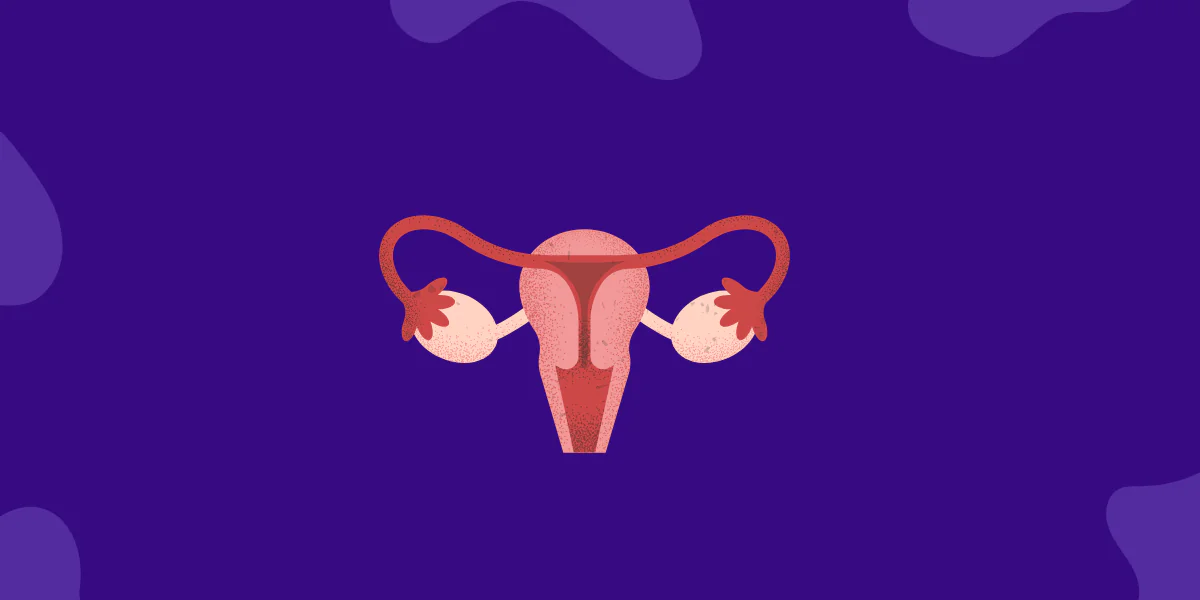Menstrual cycles are a natural part of a woman’s life, yet questions about what is considered “normal” are common. One of the most frequently asked questions is, “For how many days should a normal period last?” Understanding what is typical can help women recognize signs of irregularity that might need medical attention. Here, we provide insights from a gynecologist to address these concerns and offer a deeper understanding of menstrual health.
What is a Menstrual Cycle?
A menstrual cycle refers to the time between the first day of one period and the first day of the next. It includes several phases, including menstruation, the follicular phase, ovulation, and the luteal phase. The menstrual phase itself is when bleeding occurs, and it is influenced by hormonal changes, primarily estrogen and progesterone.
For most women, a cycle length of 28-35 days is common, but slight variations are normal. According to data from the Federation of Obstetric and Gynaecological Societies of India (FOGSI), Indian women typically experience cycles that range between 21 and 35 days.
How Long Should a Normal Period Last?
1. Typical Duration of Menstrual Bleeding
- A normal period usually lasts between 3 to 7 days, with most women experiencing around 4-5 days of bleeding.
- During this time, the uterine lining sheds, leading to menstrual bleeding. The heaviest flow is typically seen in the first 2-3 days, tapering off towards the end.
- Variations in the number of days can occur due to factors like age, hormonal levels, and stress. It is essential to note that what is normal can vary slightly from person to person.
2. What If Your Period Lasts Less Than 3 Days?
- A period that lasts fewer than 3 days may be considered short. This could be normal for some women but may also indicate issues like hormonal imbalances or even conditions such as polycystic ovary syndrome (PCOS).
- According to the Journal of Obstetrics and Gynecology of India, PCOS affects about 9-22% of Indian women of reproductive age, and one of the symptoms can be short or irregular periods.
3. Periods Lasting More Than 7 Days: Should You Be Concerned?
- Bleeding that extends beyond 7 days, known as menorrhagia, can indicate an underlying issue like fibroids, hormonal imbalances, or thyroid disorders.
- For instance, thyroid disorders are common in India, especially among women, with a reported 42 million Indians suffering from thyroid conditions. An underactive thyroid can result in prolonged periods.
- If prolonged periods are accompanied by heavy bleeding that requires frequent changes of sanitary products, it’s important to consult a gynecologist.
Factors That Influence Menstrual Duration
1. Age and Menstrual Patterns
- During adolescence and perimenopause, menstrual cycles can be irregular, with periods varying in length. Adolescents may experience longer periods as their hormonal cycles settle, whereas women approaching menopause may have unpredictable cycles.
- Understanding that these changes are a natural part of aging can ease concerns, but consulting a healthcare provider is advised if there are significant changes.
2. Stress and Lifestyle Factors
- High levels of stress, significant weight gain or loss, and intense physical activity can disrupt menstrual cycles. Stress impacts the hypothalamus, a brain region that regulates hormones.
- A study in the Indian Journal of Endocrinology and Metabolism notes that increased stress levels among urban Indian women contribute to menstrual irregularities.
3. Birth Control and Medications
- Certain birth control methods, like hormonal pills or intrauterine devices (IUDs), can alter the length of periods. Hormonal contraceptives often make periods shorter and lighter, while some types of IUDs can initially increase menstrual flow.
- Medications like anticoagulants (blood thinners) can also result in longer menstrual bleeding.
When to See a Doctor?
It’s crucial to seek medical advice if:
- Your period duration suddenly changes significantly.
- You experience severe cramps, heavy bleeding, or spotting between periods.
- There is bleeding after menopause.
A gynecologist can conduct tests like ultrasound or hormone level assessments to determine the cause of irregularities. Early diagnosis and intervention can prevent complications.
How to Maintain a Healthy Menstrual Cycle?
1. Balanced Diet and Hydration
- A diet rich in iron, calcium, and vitamin D supports menstrual health. Include Indian staples like spinach, beans, and yogurt for these nutrients.
- Drinking sufficient water helps to maintain a proper blood flow and reduces bloating during menstruation.
2. Regular Exercise
- Moderate exercise like walking, yoga, or cycling can help regulate menstrual cycles and reduce symptoms like cramps. Indian women can benefit from yoga poses such as Bhujangasana (Cobra pose) and Setu Bandhasana (Bridge pose) for pelvic health.
3. Stress Management
- Practices such as meditation and deep breathing exercises can be effective in managing stress, which in turn may support regular menstrual cycles.
- The Art of Living and other similar programs have popularized stress-relief techniques like Sudarshan Kriya in India, which can be beneficial for menstrual health.
Conclusion: Understanding Your Cycle
The duration of a normal period can vary slightly from woman to woman, typically lasting 3 to 7 days. It’s essential to understand what is normal for your body and to consult a healthcare provider if you notice significant changes in your menstrual pattern. Paying attention to lifestyle factors, staying informed about your cycle, and seeking timely medical advice are key steps in maintaining optimal menstrual health.
Read also: Is a 2-Day Period Normal?
Medical Disclaimer: This article is for informational purposes only and is not a substitute for professional medical advice. Always consult with a healthcare provider for personalized recommendations.




















